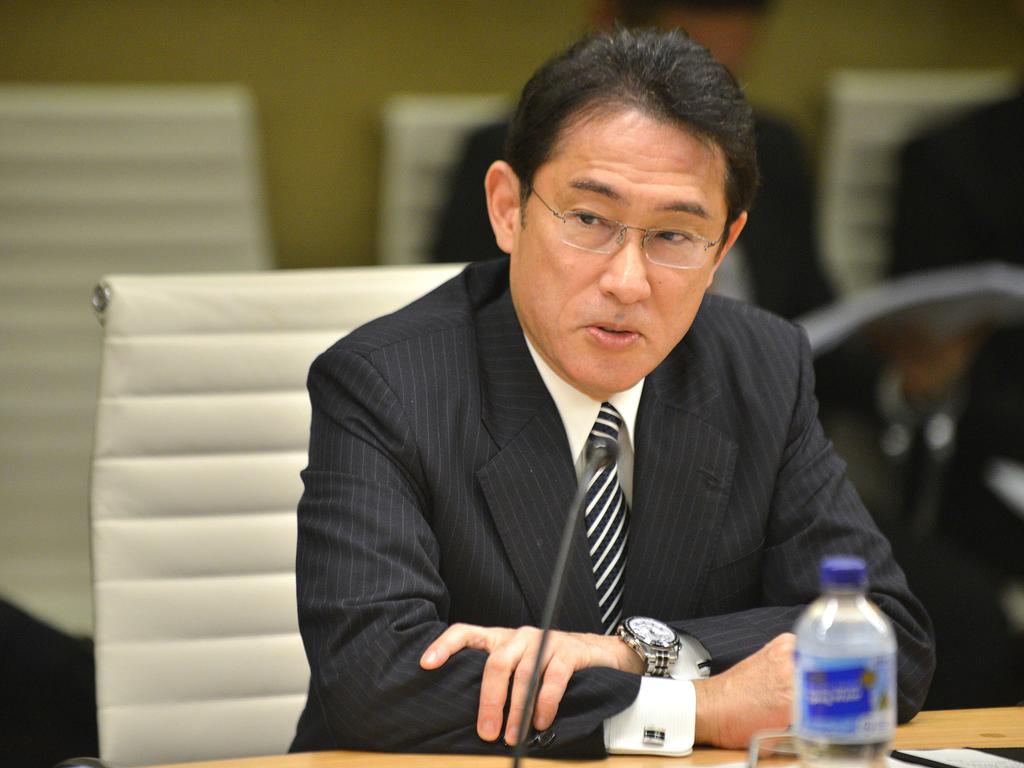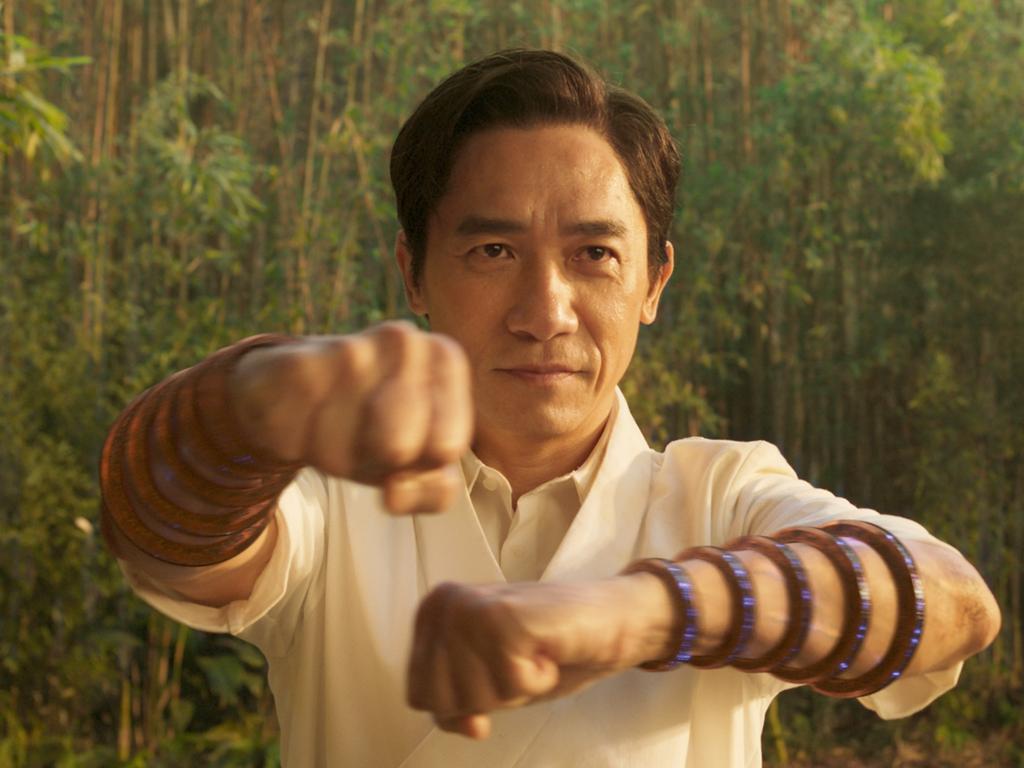Drums are beating, are we ready to act?


Throughout our national existence we’ve relied on the protection of the superpower of the day. When Singapore was falling and we suddenly realised how exposed we were to potential invasion, we simply substituted the US for Britain as the mainstay of our national security. And with World War II safely won, we assumed the US would always protect us provided we paid our alliance insurance premium, as we did by joining all America’s wars in Korea, Vietnam, Iraq and Afghanistan.
Yet the world is changing fast, as are the countries that shape it. The unipolar moment after the West won the Cold War is but a distant dream. A militarily revived Russia is threatening eastern Europe, and the Middle East is as turbulent as ever, especially with Iran even closer to obtaining nuclear weapons. China, meanwhile, not only is seeking to dominate East Asia, it also is bullying Australia.
Last year the Chinese embassy publicly released a list of demands including that Australia stop blocking Chinese investment, let Huawei build our strategic telecommunications, cease criticising Chinese policy on Hong Kong and Taiwan, stop calling for an inquiry into the Wuhan virus, and no longer side with the US against China. So, the message from Beijing is loud and clear, and backed up with trade boycotts: dump your preference for democracy over dictatorship and become an economic colony of China.
None of this would matter that much if we were less economically entangled with China and if the US remained the dominant power in our region. But just as the collapse of the US-backed government in Kabul has raised big questions about America’s military reach and national will, a far greater challenge is looming: namely the US response to a Chinese attack on Taiwan. That scenario has gone from being a possibility to a likelihood given President Xi Jinping’s belligerent demands for reunification, even though Taiwan hasn’t really been part of China since 1895. The US recognises “one China”, but under the Taiwan Relations Act it’s committed to “resist … coercion that would jeopardise the security … of the people on Taiwan”.
Outside the US military, no one in the West has been thinking about this, including our own strategists, because it has always been assumed the US Pacific Fleet made Beijing’s determination to retake Taiwan, by force if necessary, “mission impossible”.
But while the US has been distracted and drained by the “forever wars” in the Middle East, China has embarked on one of history’s biggest military build-ups. The People’s Liberation Army Navy is now the world’s largest, numerically; and while a Chinese carrier group still would be no match for an American one in the mid-Pacific, China has the missiles and smart mines to destroy American ships in the Taiwan Strait. That is unless, of course, the US is prepared to launch strikes against bases on the mainland and risk the kind of escalation that might involve losing Seattle to save Taipei.
There’s little doubt that the commissars in Beijing are recalculating the risks of moving on Taiwan after the debacle in Kabul.
They’d be aware of the official line that ending the unwinnable wars was needed to ready America for any showdown with China. They’d be conscious of a possible Biden doctrine that the US remains committed to helping those who help themselves.
But they’d also be looking at an elderly and at times befuddled president, the only member of the Obama administration who opposed taking out Osama bin Laden, and wondering whether this might be the best time to strike, before Taiwan could build up its defences and ability to inflict enormous retaliatory damage on the mainland.
And they’d be acutely conscious of the US military’s sombre conclusions about the horrific costs and uncertainties of a fight over Taiwan that would be a matter of necessity for Beijing but choice for Washington.
If the US failed to support Taiwan, none of its treaty allies could feel confident in American security guarantees any more. If the US were defeated over Taiwan, as Russia was over its far-eastern territories by Japan in 1905, the global order would be profoundly redrawn, with China effectively the dominant superpower.
What has any of this to do with Australia, you may ask. Well, apart from the fact Australia could hardly be oblivious to the fate of a liberal democracy of 25 million people threatened by a large and bullying neighbour, the ANZUS Treaty commits us to “act to meet the common danger” in the event of any attack – not just on the US itself but on its armed forces, too.
As is common with security treaties, precisely what “act” may mean is undefined. But if the US failed to help a Taiwan that was fighting for its life, what’s the chance it would help us, even farther away and by then well inside a Chinese “co-prosperity zone”?
On the other hand, a US that did fight for free and democratic Taiwan would certainly expect major military help from its regional allies. Meaning us.
And that leaves Australia with two daunting prospects: first, that we may need to provide fully for our own security for the first time and to arm ourselves to the point of being able to inflict massive damage even on a superpower; or, second, that alliance maintenance may require us to take heavy casualties in savage sea and air fighting with a great power.
Indeed, both could be demanded of us. These are no longer remote possibilities. But earlier this year when Department of Home Affairs secretary Mike Pezzullo alluded to the “drums of war” beating in our region, he was roundly castigated, first for speaking out of turn and, second, for supposedly making war more likely, even though our chances of seeing off challenges that we refuse even to contemplate are all but non-existent given that we are totally unprepared for them militarily and psychologically.
Obviously, we need to begin talks with the US, our other Five Eyes allies and security partners such as Japan and India about what might and should happen in the event of a move against Taiwan. As Josh Frydenberg hinted this week, we need to be ready for a complete economic rupture with China, with full alternative supply chains and maximum cybersecurity.
But plainly we can no longer be content with a ship, submarine and missile acquisition program that former prime minister Tony Abbott said on my Sky show last week “may be the largest but is also the slowest in our history” and is not only “much too slow but now also much too small”.
And here’s another challenge. Just as China is becoming stronger and more self-confident, we are engaging in acts of needless economic and cultural self-harm. Why are we inflicting more costs on ourselves and driving industries offshore in the name of net-zero emissions when the biggest emitter, China, is making no such sacrifices? Why are we so fixated on “toxic masculinity” just when warriors may be needed again? And why is a country with a great overall record on racial fairness so full of self-recrimination against a rival dictatorship with no such scruples – look at the silence of so many on the Uighurs. Our climate, gender and identity issues could be the least of our worries against the unprecedented military challenge of dealing with a hostile superpower. Puts Covid into some perspective, doesn’t it?
Peta Credlin is host of Credlin on Sky News, 6pm weeknights.







Forget this virus, which will pass; the real challenge is the great strategic danger we are heading towards as a nation. Even Scott Morrison has referred to echoes of the 1930s in these times, but you’d never know it from the preparations of the federal government, the state of our national conversation or the readiness of our armed forces.